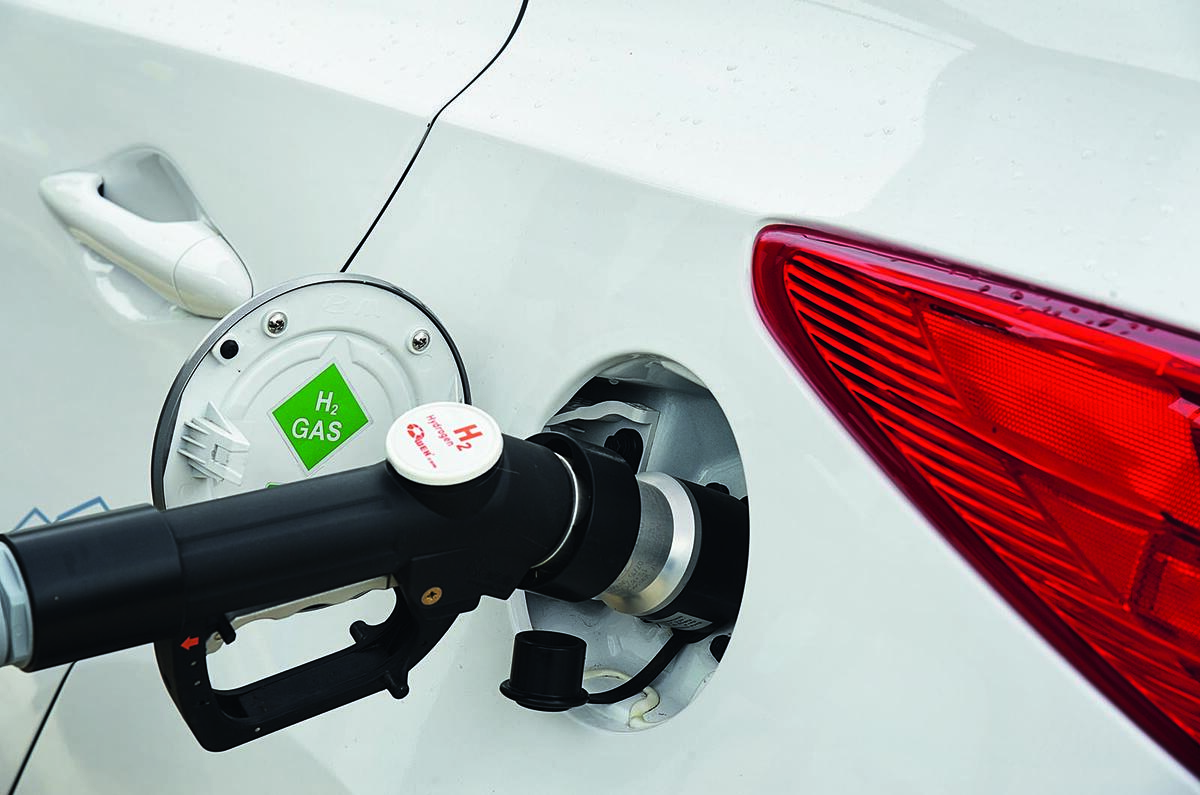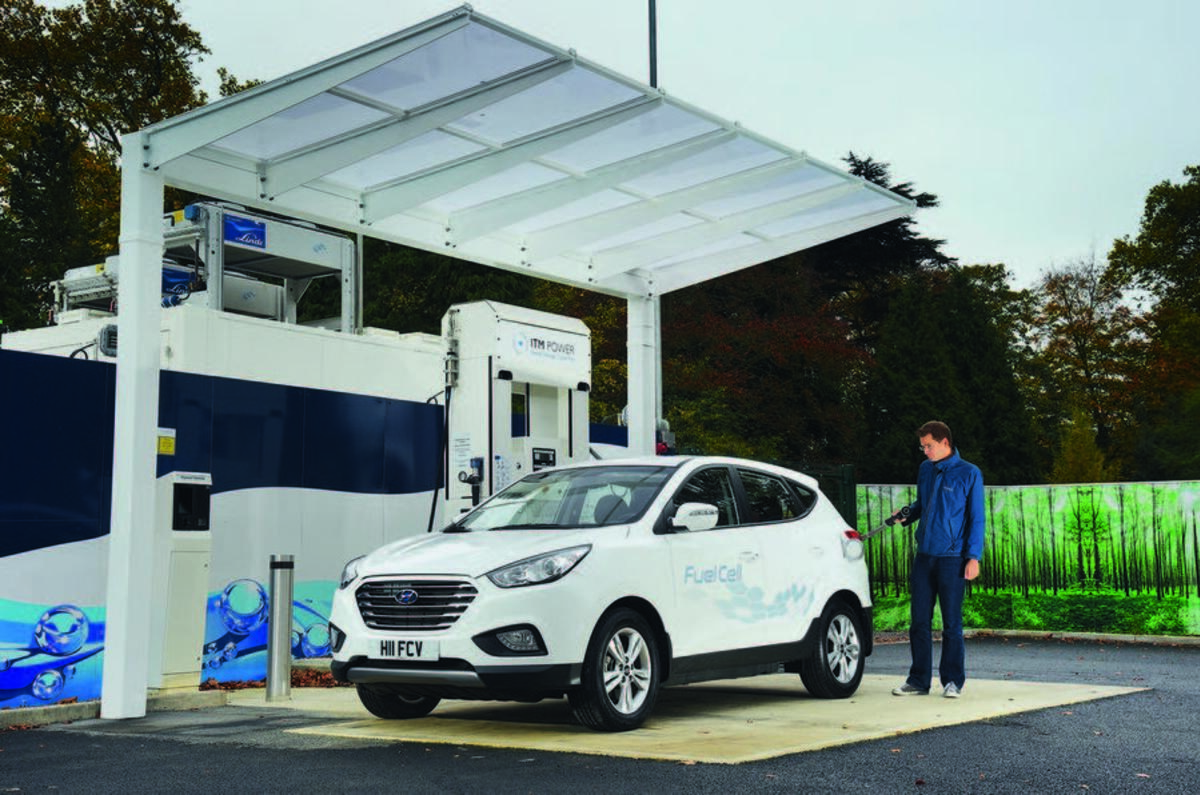The Government has created a new £23 million fund to accelerate the take-up of hydrogen vehicles by improving infrastructure.
The money from the fund will be used to create more fuel stations and other “high-tech infrastructure” projects, according to the Government.
Hydrogen fuel providers, public organisations and businesses will be able to apply for investment this summer and are encouraged to partner with organisations that create hydrogen vehicles, like Toyota and Hyundai.

A competition will be held for the proposals and the Government will provide match funding for successful bids.
The fund is part of the Government’s pledge to cut carbon emissions, improve air quality and deliver economic opportunities in the UK.
Currently, the alternatively fueled car market in the UK is growing at a very fast rate, but it still only represents a small 4.2% share of the overall new car market.
There are only two hydrogen-powered cars on sale in the UK: the Toyota Mirai and Hyundai ix35 Fuel Cell. However, buyers are put off by high list prices and the fact that there are only 14 active hydrogen filling stations in the country.

Transport minister John Hayes said: “We know the availability of hydrogen refuelling infrastructure can be a potential obstacle to the take-up of hydrogen fuel cell electric vehicles.
“That’s why we’re providing support to give interested parties the confidence to continue to invest in this new emerging technology to help us achieve our ambition for almost all new cars and vans to be zero emission by 2040.”
Read what it's like to live with the hydrogen-powered Hyundai ix35 Fuel Cell
Paul van der Burgh, president and managing director of Toyota said: “We chose the UK as one of the first international markets for our Mirai hydrogen fuel cell car and are pleased that the Government is investing in this programme to encourage the further development of refuelling infrastructure and the wider uptake of fuel cell vehicles.”




Join the debate
Add your comment
Crazy. Rather see it spend on a new Hospital ward
As to "There are only two hydrogen-powered cars on sale in the UK: the Toyota Mirai and Hyundai ix35 Fuel Cell." I don't either were on general sale and there were only 10 Toyota's to begin with. The EV has won the race game over!
Fossil fuels still used.
Hydrogen efficiency and CO2 emissions
My problem is that its difficult to disentangle the motives behind hydrogen – is it being driven by oil companies who see its as a way of continuing their garage forecourt (petrol station) model of energy distribution for transport, or is it academic researchers drumming up research funds?